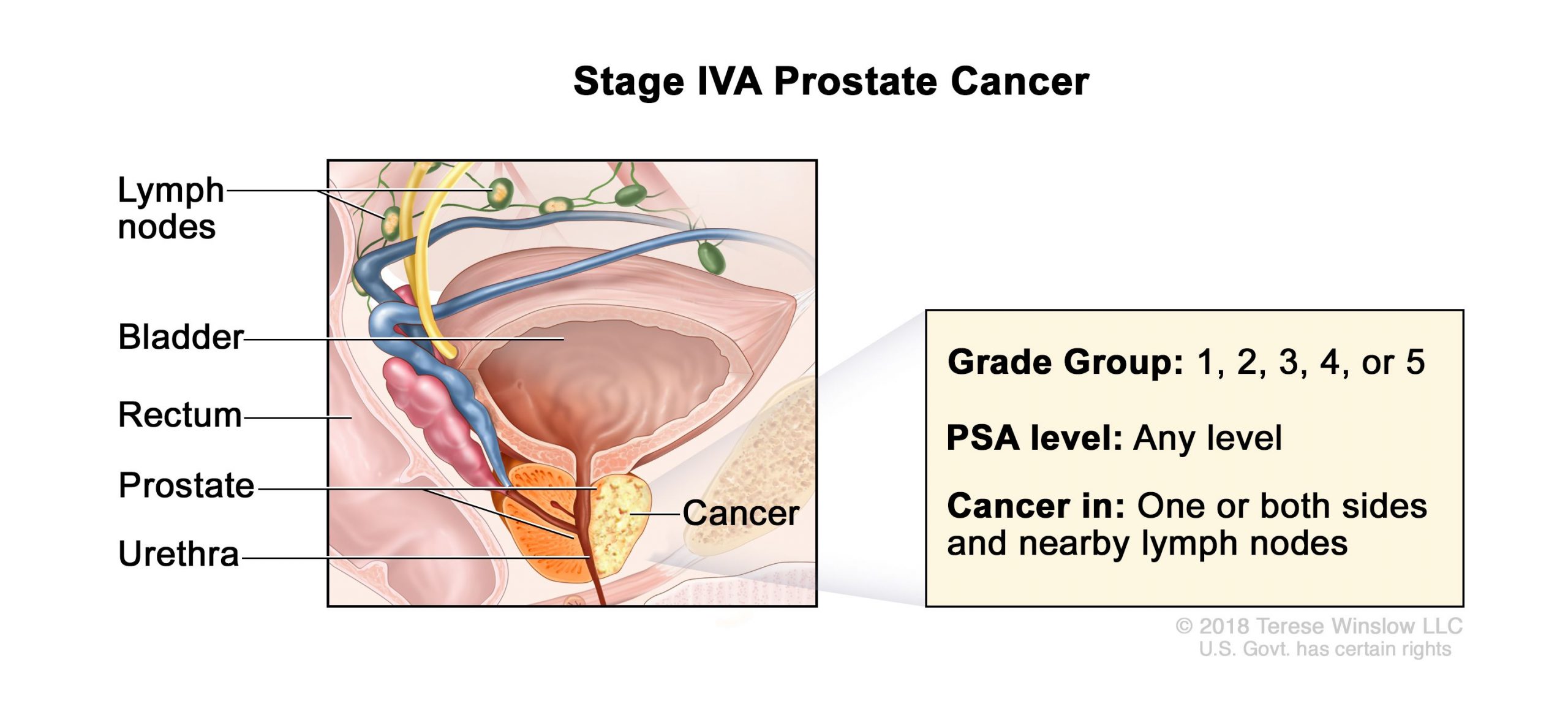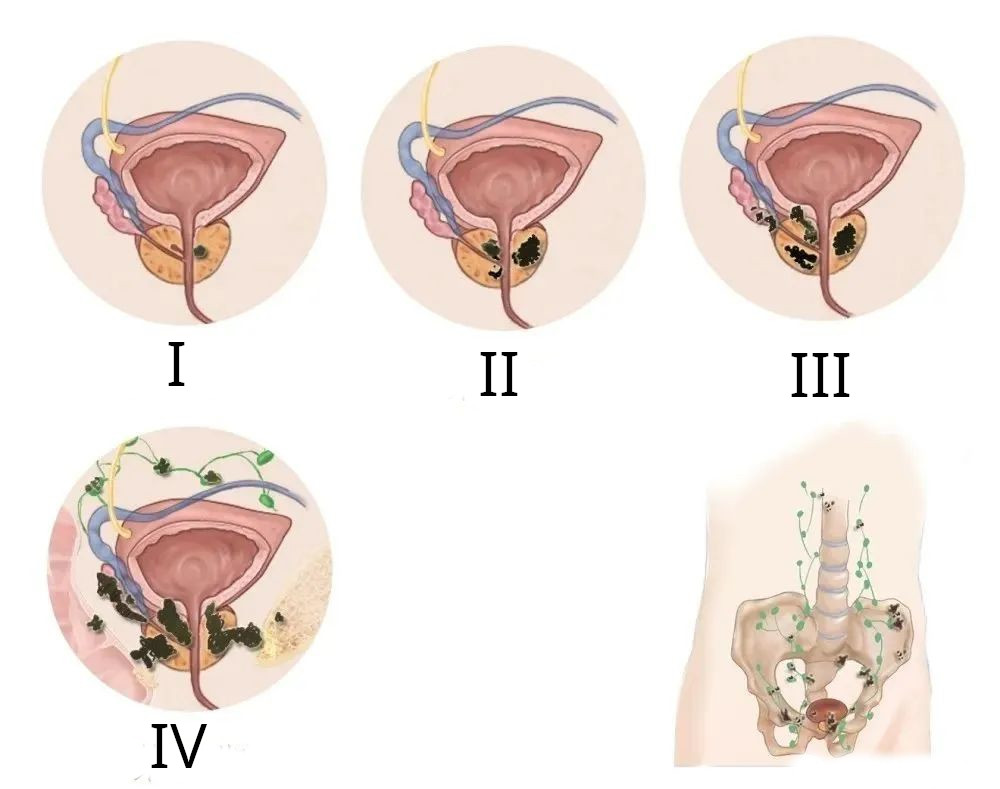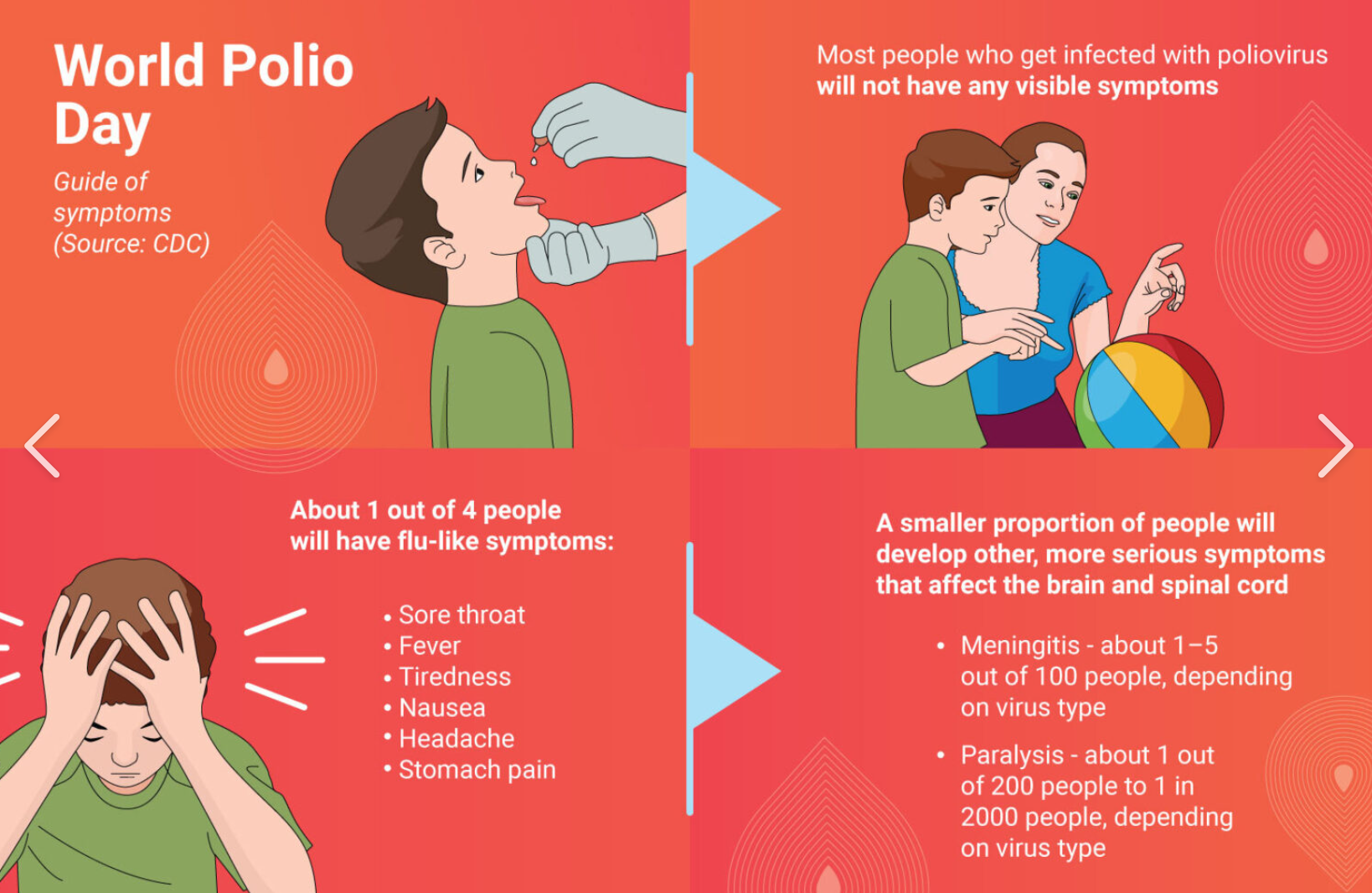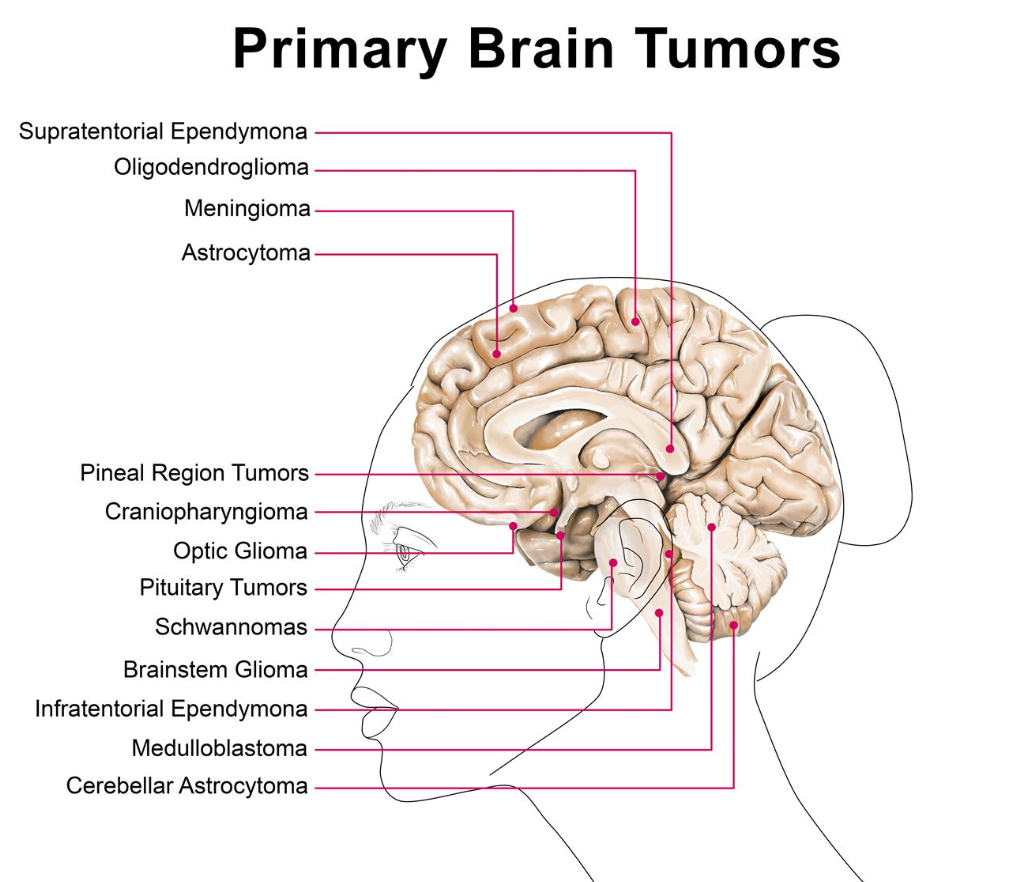
Hey there, baseball fans and health enthusiasts! Today, we’re diving into the world of metastatic prostate cancer, a topic that recently hit close to home for Chicago Cubs legend Ryne Sandberg. The Hall of Famer recently announced that his prostate cancer has relapsed and spread to other organs, marking a tough new chapter in his health journey. But don’t worry—we’re here to break it down in a way that’s as easy to follow as a Cubs double play.
What Exactly Is Metastatic Prostate Cancer?
Metastatic Prostate cancer is like the quiet neighbor who suddenly throws the loudest block party. It’s a sneaky type of cancer that often doesn’t show symptoms until it’s already spread. In men over 65, it’s one of the most common cancers, and its rates are on the rise. In the U.S., it’s expected to affect nearly 300,000 men in 2024 alone, making it the second leading cause of cancer-related deaths in men, just behind lung cancer.

In China, the story is similar. With an aging population and better screening tools like PSA tests, more men are being diagnosed. Sadly, many of these diagnoses come late, when the cancer has already spread, often to the bones—a common party crasher in metastatic prostate cancer cases.

How Do We Treat This Sneaky Guest?
When it comes to treating metastatic prostate cancer, doctors have a toolbox full of tricks. Let’s break it down:
1. Hormone Therapy: The Power of Androgen Control
Metastatic Prostate cancer loves testosterone—it’s like its favorite snack. So, to starve the cancer, doctors use hormone therapy. This can involve:
- Androgen Deprivation Therapy (ADT): Think of this as cutting off the grocery store supply. By lowering testosterone levels with drugs like goserelin or degarelix, or even through surgery, we can slow the cancer’s growth.
- Anti-Androgen Drugs: These block the cancer’s access to testosterone, like a bouncer at a club. Examples include bicalutamide and flutamide.
2. Chemotherapy: The Heavy Hitters
Chemo is like a wrecking ball for cancer cells. Drugs like docetaxel and cabazitaxel target fast-growing cells, including cancer cells. A typical regimen is docetaxel at 75mg/m2 every three weeks, with some prep work (like dexamethasone) to avoid allergic reactions.
3. Bone Therapy: Strengthening the Weak Link
Since bones are a favorite hangout for metastatic prostate cancer, treating bone issues is crucial. Options include:
- Bone-Targeting Drugs: Like zoledronic acid or denosumab, these prevent the bones from being eaten away by cancer.
- Radiation Therapy: Radium-223 or strontium-89 can deliver targeted radiation to bone lesions, easing pain and slowing progression.
New Kids on the Block: Advanced Treatments
Metastatic Prostate cancer treatment has come a long way in the last 20 years. Here are some of the newer, more exciting options:
1. New Hormone Therapies: Sharper Tools
- CYP17 Inhibitors: Abiraterone is like a traffic cop, stopping testosterone from being made in the first place.
- Next-Gen Anti-Androgens: Drugs like enzalutamide and apalutamide are like upgraded bouncers, blocking testosterone more effectively.
2. Immunotherapy: Rallying the Troops
Immunotherapy is like calling in the army to fight cancer. While still experimental for metastatic prostate cancer, drugs like pembrolizumab (a PD-1 inhibitor) are showing promise, especially in cancers with specific genetic markers.
3. Targeted Therapy: Pinpoint Precision
For men with specific gene mutations, targeted therapies like PARP inhibitors (e.g., olaparib) are game-changers. These drugs home in on cancer cells with BRCA1/2 mutations, delivering a knockout punch.
4. Radiation Therapy: The Modern Approach
Newer radiation techniques, like 177Lu-PSMA-617, use radioactive molecules that stick to metastatic prostate cancer cells, delivering a lethal dose of radiation.
The Big Picture: Combining Forces
Like a well-coordinated baseball team, treating metastatic prostate cancer often requires a mix of strategies. Combining hormone therapy with chemo, new hormone treatments, or radiation can be more effective than going solo. This “team approach” is becoming the gold standard for advanced metastatic prostate cancer.
The Challenges Ahead
While treatments are improving, challenges remain. Resistance to drugs, side effects, and the cost of care are all hurdles. Plus, every patient is different, so finding the perfect treatment plan requires more research and personalized care.
What’s Next?
The future looks bright, though. Advances in gene sequencing and a deeper understanding of metastatic prostate cancer’s biology are paving the way for even better treatments. New drugs and targets are on the horizon, offering hope to men like Ryne Sandberg and countless others.
Final Thoughts
Ryne Sandberg’s cancer battle reminds us that even the strongest among us can face health challenges. But with modern medicine and a positive attitude, there’s hope. So, whether you’re a baseball fan or just someone looking to stay healthy, remember: knowledge is power. And who knows? Maybe one day, metastatic prostate cancer will be as easy to beat as a slow grounder to shortstop.
Stay strong, stay informed, and keep swinging for the fences! 🏈💪







Leave a Reply